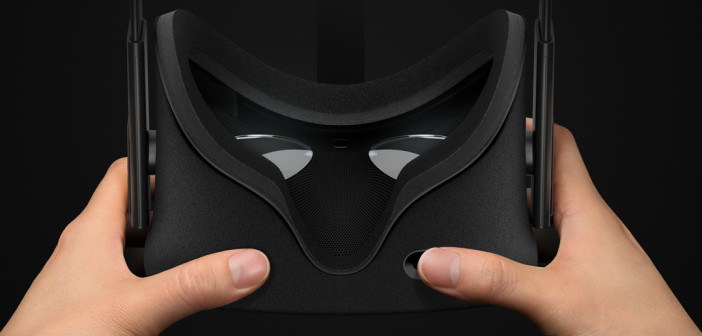Mobile VR tech built the foundations, but standalone kit to take over
After a content-starved market introduction, virtual reality (VR) is ready to thrive off a swath of new and compelling content choices. ABI Research forecasted total VR device shipments will reach 110 million by 2021.
While mobile device-reliant VR shipments such as Samsung Gear VR and Google Daydream dwarf today’s other VR device types, standalone devices will see a 405% compound annual growth rate (CAGR) through 2021, compared to a 42% CAGR for mobile VR. New device players, including Royole and Pico, already entered the global market, with many other Chinese manufacturers poised to expand.
“Mobile VR built a solid foundation for the overall market over the past few years, but standalone VR devices will eventually drive it,” said Eric Abbruzzese, senior analyst at ABI Research. “Low cost and high accessibility has, and will continue to, drive VR adoption with mobile devices and associated VR accessories. However, a trend toward standalone devices is surfacing, and will continue over the next five years until mobile and standalone VR devices see parity in terms of shipments.”
With an influx of standalone VR devices incoming, a greater range of use cases will be explored, broadening the gaming-focused VR market of today. ABI Research anticipates a total market size of $64 billion by 2021.
Non-gaming software and content, VR advertising, and VR-related video revenue will together hold a significant portion of the market. VR applications in retail and marketing will therefore see a 124% CAGR through 2021. Video, education, and tourism are expected to see significant growth, as well, and while not forecast to be as large as the gaming market, will be notable.
“The three primary VR device types – mobile, standalone, and tethered – are entering the market with unique value propositions, target audiences, and use case support,” added Sam Rosen, managing director and vice president at ABI Research.
“However, there is the less understood market of mixed reality on the horizon. MR incorporates elements of augmented reality to VR devices, as evident in Intel’s Alloy reference design. Associated machine vision technology like RealSense or Google’s Tango opens a compelling AR/VR hybrid opportunity on the mobile platform. Taking the best of both AR and VR will open up the enterprise market further, and will enable entirely new use cases and applications not yet conceived.”





